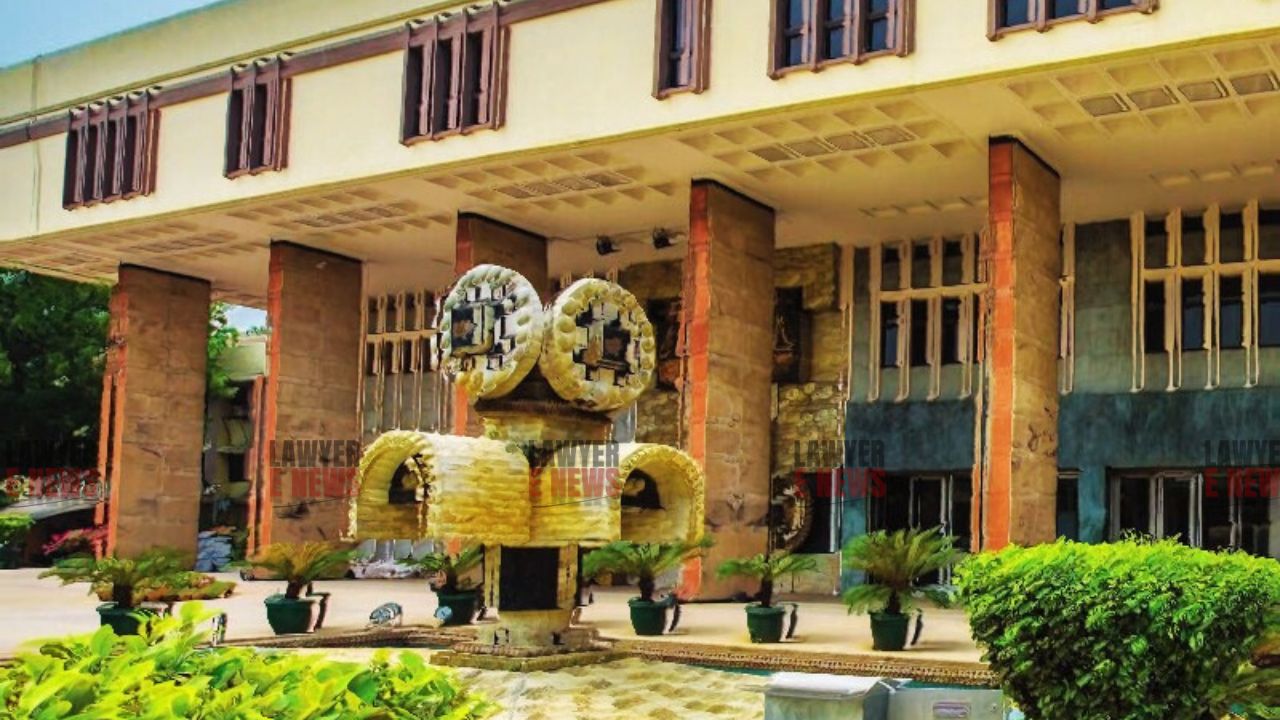-
by sayum
14 February 2026 2:22 PM



High Court affirms discharge of Akhilesh Singh and others under PMLA, reinforcing the dependency on predicate offences. The Delhi High Court has upheld the discharge of Akhilesh Singh and others in a significant money laundering case, emphasizing the reliance of such charges on the existence of predicate offences. The judgment, delivered by Justice Vikas Mahajan, affirmed that without the commission of a scheduled offence, there can be no prosecution under the Prevention of Money Laundering Act (PMLA).
The case originated when the Jharkhand police registered FIR No.21/2017 against Akhilesh Singh and others under Sections 419, 420, 467, 468, and 471 of the IPC, read with Section 120B IPC at PS Birsanagar, Jamshedpur. These offences are scheduled under the PMLA, leading to a criminal case against the respondents by the Directorate of Enforcement (ED) on May 5, 2017. A supplementary complaint later included Amit Kumar Singh as an accused.
The Chief Judicial Magistrate in Jamshedpur acquitted the accused of all charges in the predicate offence on August 14, 2023. Subsequently, the respondents sought discharge from the money laundering charges under PMLA, arguing that their acquittal in the predicate offence nullified the money laundering allegations.
Justice Mahajan emphasized that the offence of money laundering is intrinsically linked to the illegal gain of property through criminal activities related to a scheduled offence. He cited the Supreme Court's ruling in Vijay Madanlal Choudhry v. Union of India, which states that without a conviction in the scheduled offence, charges under the PMLA cannot stand. The court reiterated, "There can be no offence of Money Laundering when scheduled offence has not been committed by accused persons".
During the proceedings, the competent authority had attached several bank accounts and immovable properties linked to the respondents. Following their discharge, these properties were ordered to be released by the Special Judge, as they could no longer be considered proceeds of crime. The court noted that if the acquittal in the predicate offence is overturned on appeal, the proceedings under the PMLA can be revived.
The judgment discussed the foundational principles of money laundering laws, underscoring that the existence of proceeds of crime is contingent upon the commission of a scheduled offence. The High Court affirmed that the acquittal in the predicate offence dismantles the very basis for the money laundering charges, rendering the attached properties non-criminal.
Justice Mahajan remarked, "Once the accused is acquitted by the concerned court in the scheduled offence, the matter before the special court cannot be continued as there can be no offence of Money Laundering when the scheduled offence has not been committed by the accused persons".
The Delhi High Court's decision to uphold the discharge of Akhilesh Singh and others highlights the critical dependency of money laundering charges on the commission of predicate offences. This judgment reinforces the legal framework that protects individuals from unwarranted prosecution under the PMLA when the foundational scheduled offences are not substantiated. This decision is expected to have significant implications for future cases involving money laundering allegations.
Date of Decision: April 30, 2024
